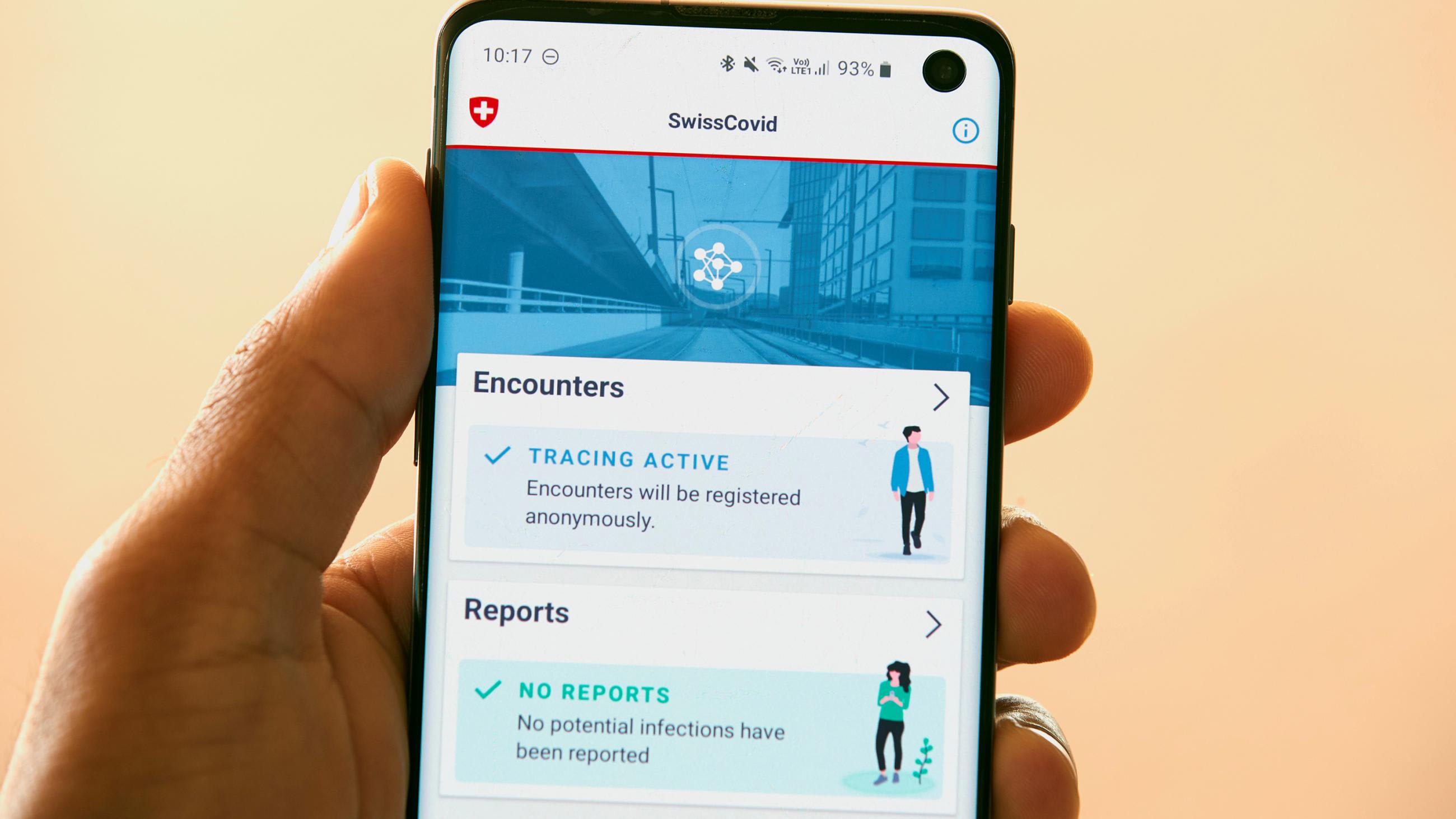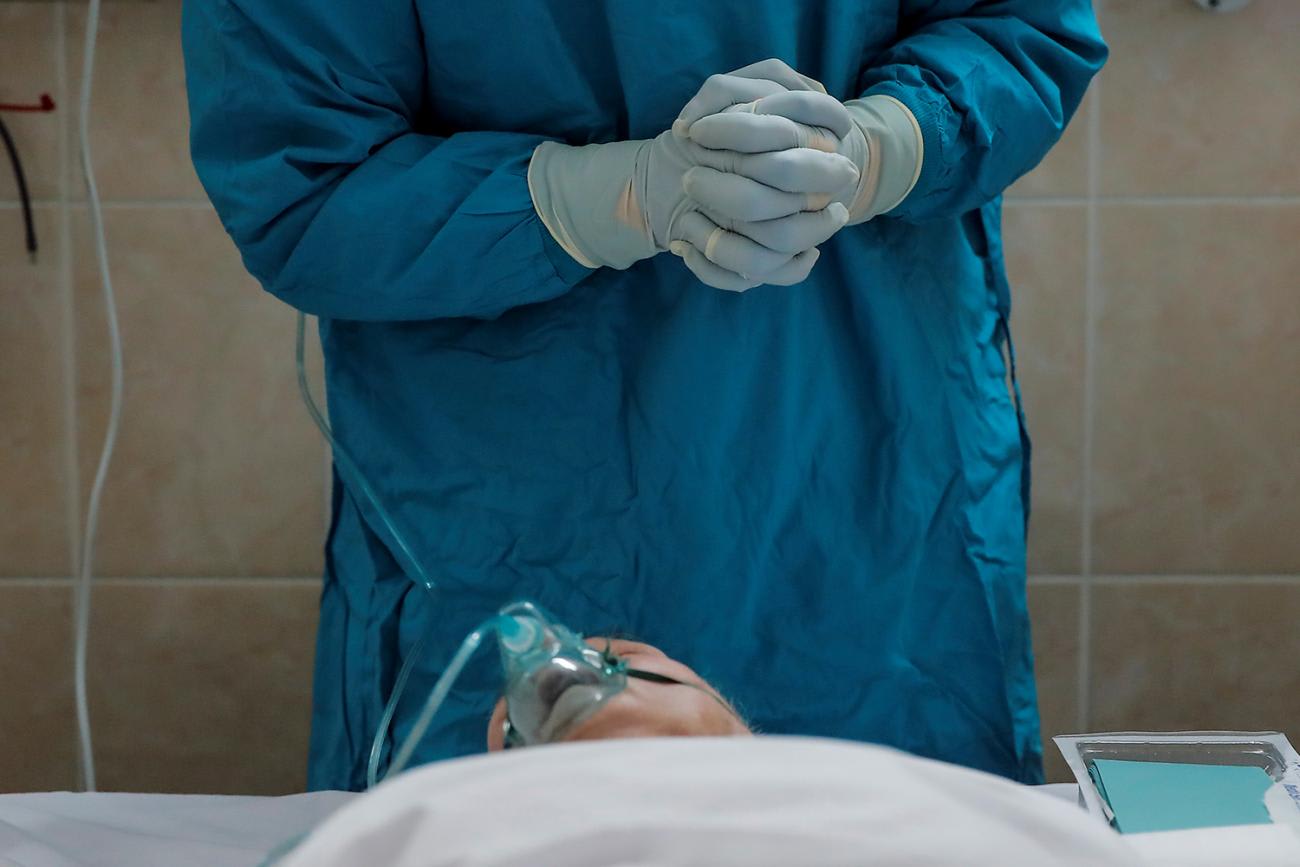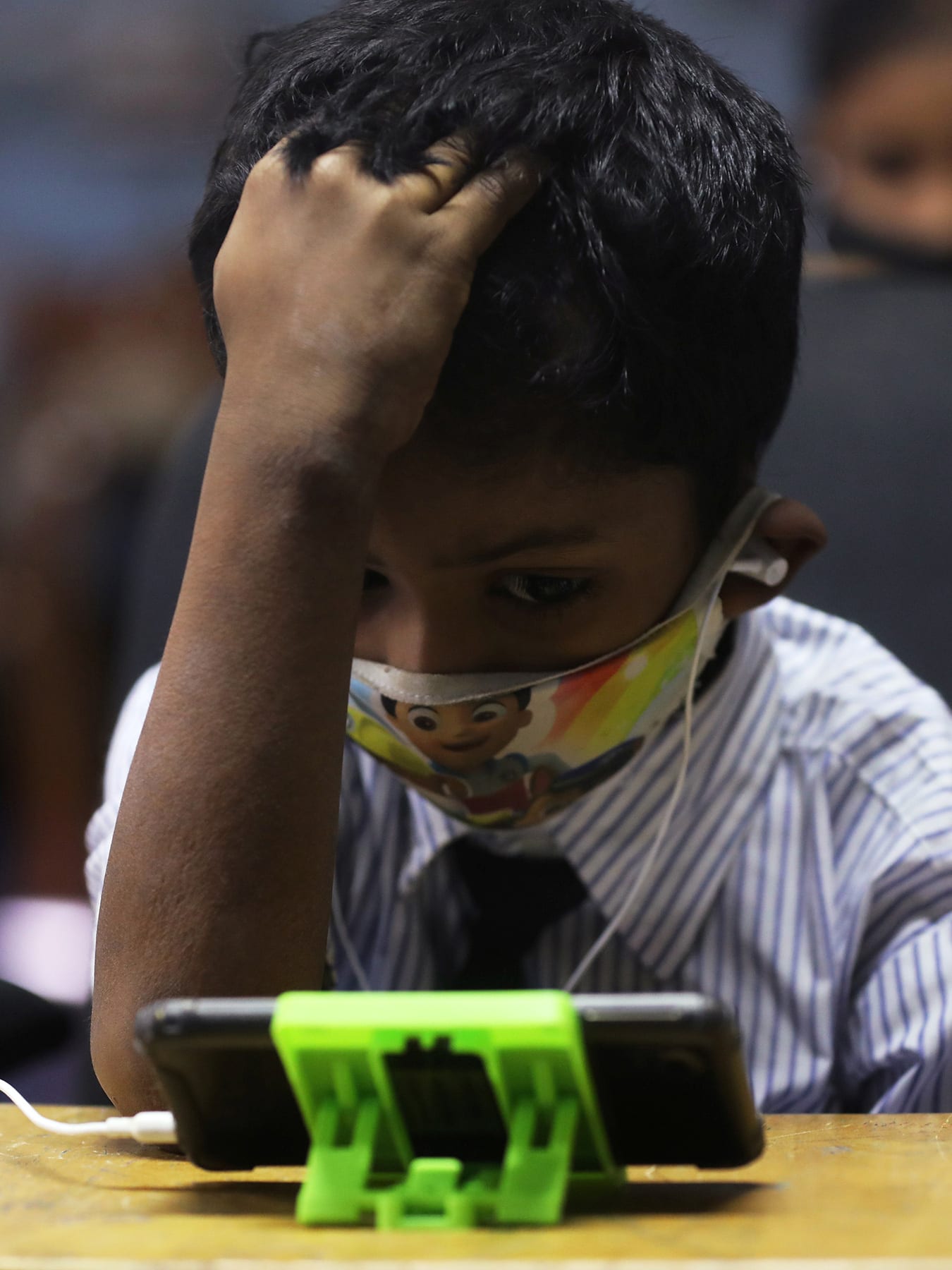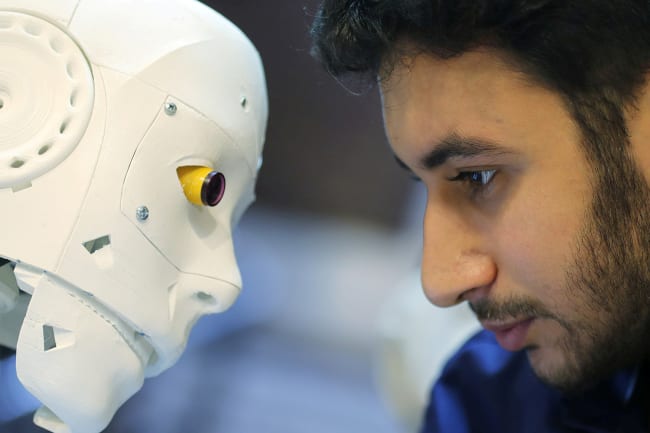Since it first emerged, COVID-19 has turned into a global health crisis of unforeseen magnitude, infecting over forty million people and causing more than one million deaths worldwide, as of October 21. It has highlighted numerous persistent health challenges that individuals and societies face in many parts of the world—from cripplingly ill-equipped health systems to workforce scarcities to lack of access to pharmaceutical and medical products. As the single worst global health crisis in the age of the internet, efforts to mitigate the pandemic have also highlighted the opportunities and challenges around data and digital health.
Protecting people demands protecting privacy—and yet still finding a way to securely make use of private health data
If digital health technologies are to deliver on their potential, the global community must set clear ground rules for the collection, use, and ownership of health-related data. Protecting people demands protecting privacy—and yet still finding a way to securely make use of private health data. This week's virtual World Health Summit will be an important moment for forging agreement on this, as political leaders—including members from the World Health Organization (WHO), the United Nations (UN), and the European Commission (EC)—are remotely meeting to discuss digital health and artificial intelligence (AI) as a central topic. Without appropriate data governance now, we are undermining later efforts to contain the threat these technologies pose to privacy, fairness, and human rights. Given the sensitivity of health-related information, regulatory standards and technological means for protecting health data ownership and privacy must be exceptionally robust.

The Need for a Governance Framework
Digital health is a catch-all term that encompasses a myriad of different tools and approaches, including digital disease surveillance, remote monitoring, and resource management. We live in an era of big data, and like many other fields, modern health care is being transformed by the availability of diverse, comprehensive collection of data, from our electronic medical records, to the wealth of information that mobile devices, e-commerce platforms, and social media record about us every day. Data-driven digitalization, AI, and machine learning are fundamentally changing health-care systems, leading to calls for a global framework of data governance rather than relying solely on national legislation.
Data-driven digitalization, AI, and machine learning are fundamentally changing health-care systems
Switzerland's COVID-19 tracking app is a good example of how the immediate requirements of efficient and reliable app-based contact tracing can be aligned with high demands on data privacy and security. The SwissCovid app uses Bluetooth to detect when two users have spent time close to each other, then generates a code stored on the mobile phone for twenty-one days. If someone is confirmed to have contracted the virus, notifications are then sent to those users with whom there has been contact without identifying the name of the person who has the virus

All of us at Fondation Botnar, the organization I lead as CEO, are proud to support pioneering research that leverages the use of digital technology and data analytics in the COVID-19 response. We believe that the apparently irresolvable conflict between data use and privacy is not inevitable—if a comprehensive health data governance framework is in place. Given the enormous daily growth of collected data and new apps emerging, however, the window of opportunity is closing.
By 2030, there will be a global shortfall of eighteen million health workers
The global community must act now to define good health data governance: to ensure accountability, quality, security, and access, while giving every country the flexibility to tailor more detailed regulation to its own needs. Failure to agree upon a framework for protecting privacy while collecting and using private health information will hinder both the collection and utilization of health data. By 2030, there will be a global shortfall of eighteen million health workers, with similar capacity gaps in the social and education sectors. Health care must become more efficient in response to this future crisis, and a failure to harness the opportunity of digital transformation, and to collect and pool health data could have a devastating impact for millions of future patients.

Data Governance for the Good of All
We are at a critical juncture in global health. That is why international forums like the World Health Summit are so vital. With international representatives and global reach, the summit can facilitate much-needed cross-sectorial dialogue and collaboration, to examine how to advance digital health responsibly. This can accelerate the development of concrete guidelines and principles, which not only foster strong data protection in the future, but holistically address missing data, missed use of data, and misuse of data.
Good data will help us mitigate the pandemic's worst—and good data governance will ensure that data is used for and in accordance with the good of all
The challenge is far from new. In recent years, instances of cybercriminal attacks on hospital servers and insurance companies' databases, as well as large-scale data-law breaches, have underscored the fragility of data protection. Today, in light of the global health crisis and a new awareness for data privacy, fewer people will be willing to turn a blind eye to mass data collection. Rashly accepting all cookies or terms and conditions can risk turning users into modern day "data slaves", whose personal information is owned and sold by unaccountable digital entities. While information gathering can play a key role in improving the lives of millions, in the wrong hands this same data can be used to mislead, misinform, discriminate against, and manipulate individuals, making people powerless against actors that might have harmful intentions.

Collecting and using health data is one of the most important instruments we currently have to contain the COVID-19 pandemic. As leaders continue to grapple with the pandemic, with second waves hitting many countries severely, high-quality health data will be vital in ensuring a measured and effective response to COVID-19. Good data will help us mitigate the pandemic's worst, and good data governance will ensure that data is used for and in accordance with the good of all.












